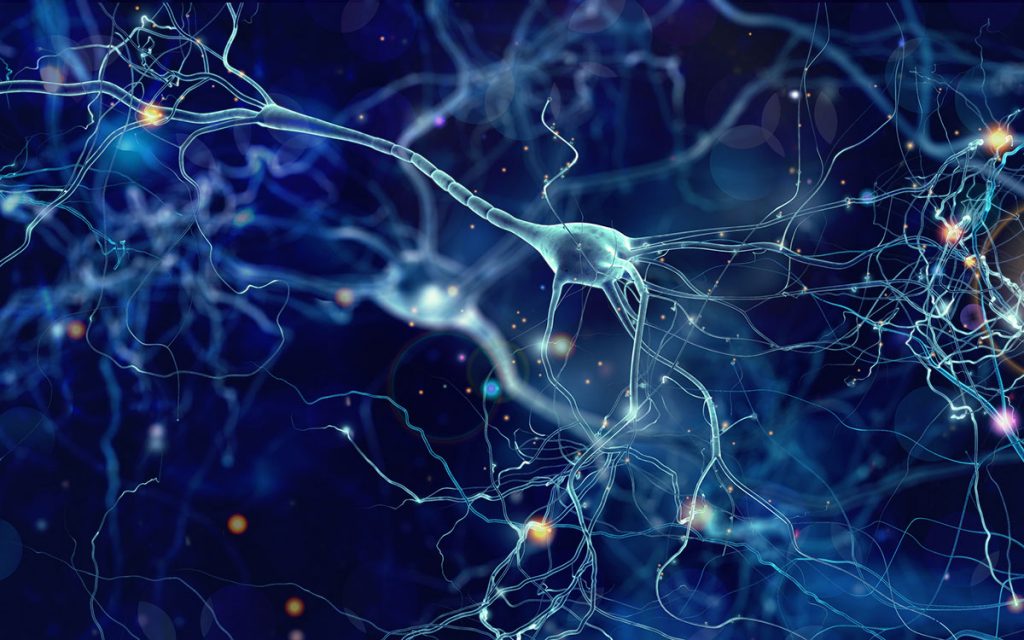How often do you think about your nervous system? Probably not all that frequently. As long as your body is performing as it should, you’ve no reason to think about how your neurons are firing or whether nerves sending are properly messages along the electrical corridors in your body. But when those nerves start to misfire – that is when something goes wrong – you tend to pay a lot more attention to your nervous system.
There’s one particular condition, called Charcot-Marie-Tooth (CMT) disease, which can impact the nervous system on a relatively large scale, though the symptoms usually manifest primarily in the extremities. And there’s some evidence to suggest that CMT can also cause high-frequency hearing loss.
What is Charcot-Marie-Tooth disease?
Charcot-Marie-Tooth disease is a set of inherited disorders (that is, this disease comes from your own genes, so it’s not something you can catch from the outside world). Essentially, these genetic disorders cause something to go wrong with your nerves or with the protective sheathing around your nerves.
The result is that the signals sent from your brain to those nerves (and from those nerves back to your brain) don’t travel all that well. Functionally, this can lead to both a loss in motor function and a loss in sensation.
A combination of genetic factors usually leads to the expression of symptoms, so CMT can present in several variations. For most people with CMT, symptoms begin in the feet and can work their way up into their arms. And, curiously, among those who have CMT, there is a high rate of occurrence of high-frequency hearing loss.
The cochlear nerve: A connection between CMT and hearing loss
The connection between CMT and hearing loss has always been colloquially supported (that is, everyone knows someone who has a story about it – at least within the CMT community).
The connection was firmly established by a scientific study when a group of researchers examined 79 people with CMT at the University of Iowa Hospitals and Clinics.
The findings were rather conclusive. Nearly everyone with CMT passed their low and moderate-frequency hearing tests with flying colors. But all of the participants showed hearing loss when it came to the high-frequency sounds (usually around the moderate levels). According to this study, it seems pretty likely that CMT can at least be associated with high-frequency hearing loss.
The cause of hearing loss and how to treat it
The connection between high-frequency hearing loss and CMT might, at first, seem perplexing. But everything in your body, from your toes to your eyebrows, relies on the proper functioning of nerves. Your ears are no different.
What most researchers hypothesize happens is that the cochlear nerve is impacted by the CMT – interfering with your ear’s ability to interpret and transmit sounds in a high-frequency range. Anyone with this type of hearing loss will have difficulty hearing certain sounds, including voices. In particular, understanding voices in crowded or noisy rooms can be a real challenge.
Hearing aids are usually used to treat this type of hearing loss, and there’s no known cure for CMT. Modern hearing aids can provide significant assistance in terms of combatting the effects of high-frequency hearing loss, selecting only those ranges of sounds to amplify. Additionally, most modern hearing aids can be calibrated to function well within noisy environments.
Multiple causes of hearing loss
Researchers still aren’t entirely certain why CMT and hearing loss seem to co-exist quite so often (beyond their untested hypothesis). But hearing aid technology offers a clear solution to the symptoms of that hearing loss. That’s why many individuals with CMT will make time to sit down with a hearing specialist and get fitted for a custom hearing aid.
Hearing loss symptoms can arise for a wide variety of reasons. In some cases, hearing loss is caused by excess exposure to damaging sounds. In other cases, hearing loss may be the result of an obstruction. It turns out that CMT can be yet another cause of hearing loss.



